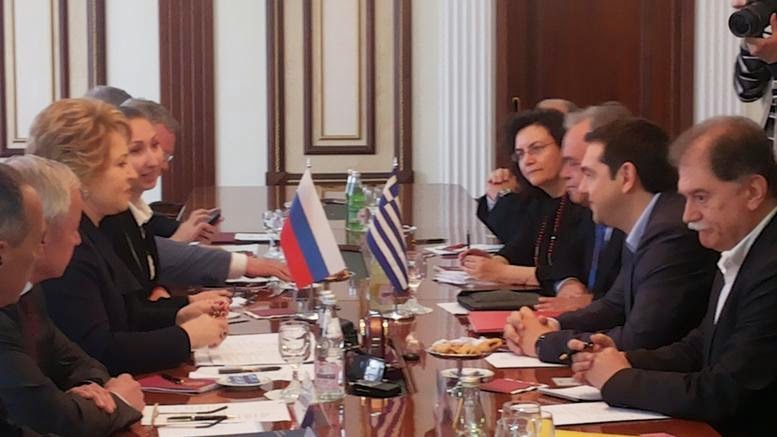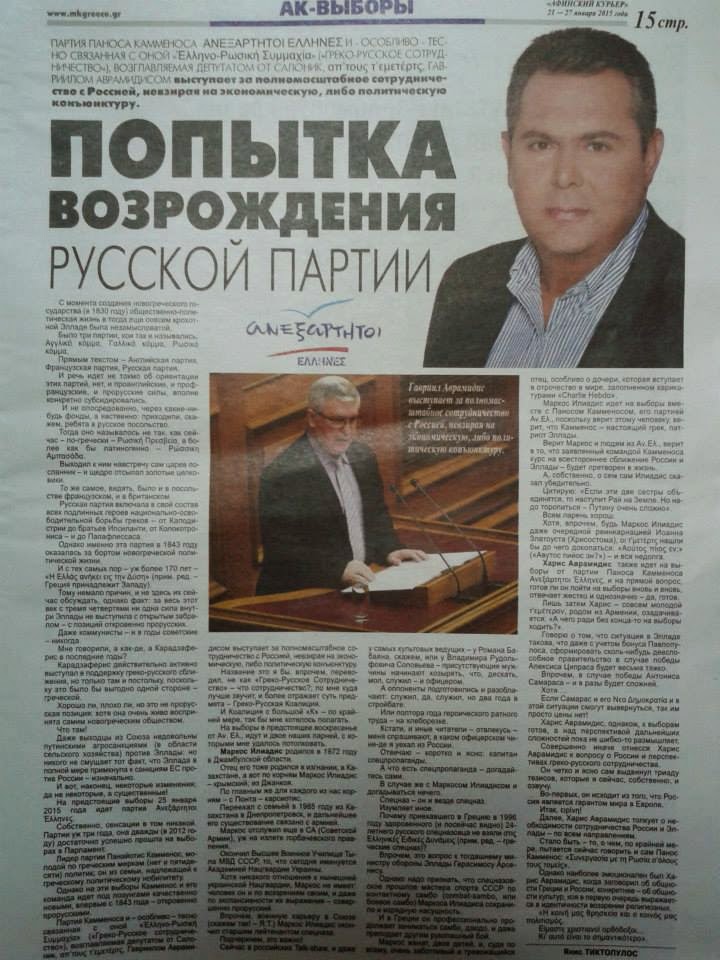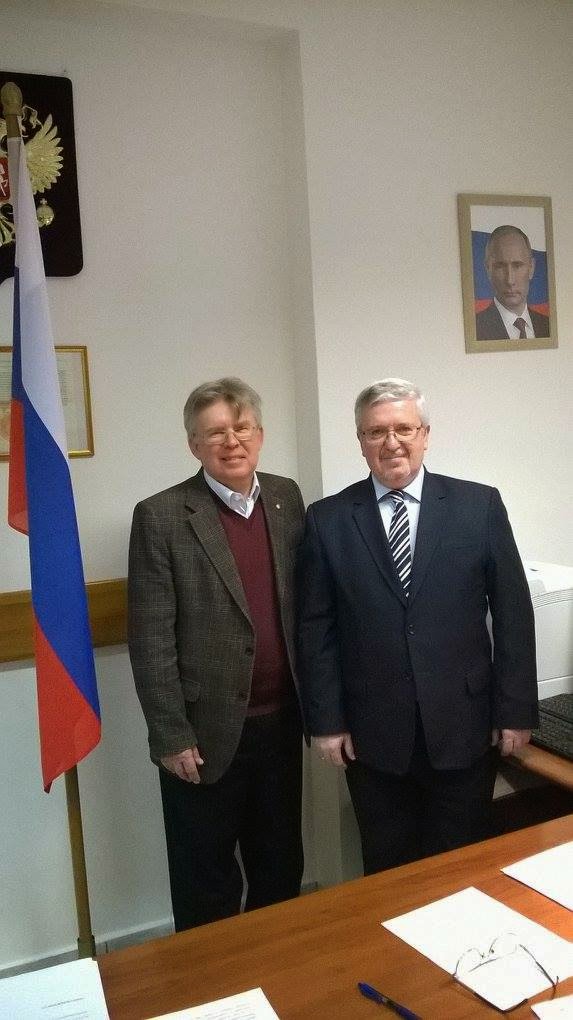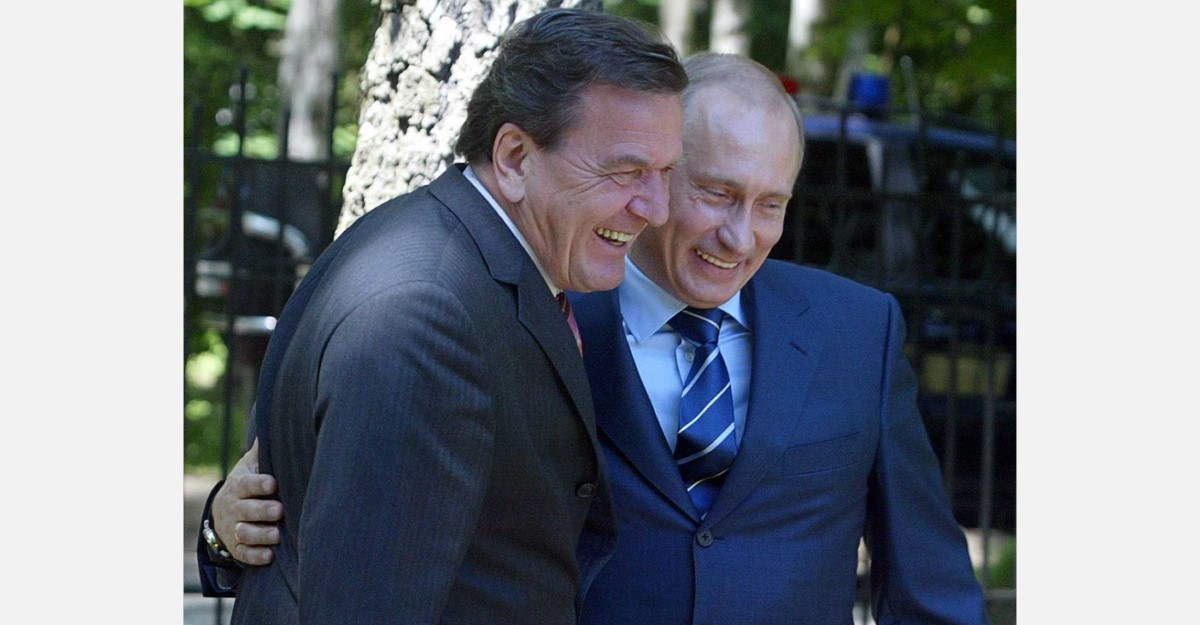After a landslide victory in the early parliamentary elections held on 25 January 2015, the Greek Coalition of the Radical Left (SYRIZA) that secured 149 seats in the new parliament has surprised the left-wing voters and sympathizers by agreeing to form, already on 26 January, a coalition government with the far right Independent Greeks party (ANEL) that now has 13 seats. Popular support for the neo-Nazi Golden Dawn led by currently imprisoned Nikolaos Michaloliakos has slightly decreased: the neo-Nazis have secured 17 seats (one seat less than in 2012), but the Golden Dawn is still the third largest party in Greece.
Both SYRIZA and ANEL are so-called "anti-austerity parties" implying that they oppose reducing budget deficits as a response to the Greek financial crisis, as well as rejecting the austerity package put forth by the EU and the IMF. The "anti-austerity" platform may seem the only agenda that has drawn the two parties they share, but they also share a similar approach to foreign policy issues - an approach that may undermine the EU unity over the Russian threat.
Both parties are overtly pro-Russian, and SYRIZA's leader Alexis Tsipras denounced the sanctions against Russia imposed by the EU for Russia's annexation of Crimea and its invasion of Ukraine that has already cost Ukrainians thousands of lives. In May 2014, i.e. already after Russia had started its invasion of Ukraine, Tsipras travelled to Moscow to meet Vladimir Putin's major allies such as Valentina Matviyenko, chairman of Federation Council of the Russian Federation, and Aleksey Pushkov, chairman of the Russian parliament's foreign affairs committee. Both Matviyenko and Pushkov are sanctioned by the US, while Matviyenko is also sanctioned by the EU
. This did not prevent Tsipras from holding a meeting with her.

According to Russian fascist Aleksandr Dugin, writing in 2013,
In Greece, our [i.e. Russia's] partners could eventually be Leftists from SYRIZA, which refuses Atlanticism, liberalism and the domination of the forces of global finance. As far as I know, SYRIZA is anti-capitalist and it is critical of the global oligarchy that has victimized Greece and Cyprus. The case of SYRIZA is interesting because of its far-Left attitude toward the liberal global system. It is a good sign that such non-conformist forces have appeared on the scene.
The pro-Russian sentiments of SYRIZA were manifested, in particular, in its voting behaviour in the European parliament. For example, on 16 September 2014, when the European Parliament ratified the EU-Ukraine Association agreement - an agreement that was one of the reasons of the Russian invasion of Ukraine - all six MEPs of SYRIZA voted against the ratification of this agreement
.
If SYRIZA is Russia's "Trojan horse" in the EU, then ANEL led by Panos Kammenos may be even worse.
ANEL (founded in February 2012) is a far right party that - similar to the neo-Nazi Golden Dawn - opposes immigration, multiculturalism and is prone to conspiracy theories. For example, as argued by Pavlos Zafiropoulos, ANEL and its supporters believe that the Greek government "is spraying the populace from airplanes with mind-controlling substances". Anti-Semitism is not alien to ANEL either: "Panos Kammenos, speaking on a TV program made the baseless claim that Jewish people in Greece are not taxed in contrast to Christian Orthodox Greeks".

The driving force behind the pro-Russian approach of ANEL seems to be Gavriil Avramidis, who was elected MP with ANEL in Thessaloniki in 2012. He is also head of the Patriotic Social Movement "Greek-Russian Alliance" founded in 2001 and aimed at widening co-operation between Greece and Russia.

Yet Avramidis may be not the only politician in ANEL who is lobbying Russian interests in Greece. Kammenos visited Moscow in the first half of January 2015. Moreover, an article titled "An Attempt at Reviving the Russian Party" that was published on 22 January in the Greek Russian-language newspaper Afinskiy Kur'er (Athens Courier) discussed the pro-Russian approach of ANEL in general.
Several questions remain, however. Are pro-Russian sentiments indeed important for ANEL? Will ANEL contribute to the strengthening of SYRIZA's pro-Russian positions? Will the new coalition government push for lifting the EU sanctions against Russia that is escalating its invasion of Ukraine
?
Doubtlessly, Russia will try to capitalise both on the victory of SYRIZA and the formation of the SYRIZA/ANEL coalition government. Putin has already congratulated Tsipras on his party's victory saying that he is "confident that Russia and Greece will continue to develop their traditionally constructive cooperation in all areas and will work together effectively to resolve current European and global problems". BBC correspondent Gabriel Gatehouse, currently in Athens, reports that he has seen the Russian ambassador Andrey Maslov entering the SYRIZA main office:
Just seen the Russian ambassador walk into Syriza HQ
— Gabriel Gatehouse (@ggatehouse) January 26, 2015
Kammenos' visit to Moscow was most likely connected to the possibility of the formation of the SYRIZA/ANEL coalition government. At the same time, Avramidis visited the General Consulate of Russia in Thessaloniki on 23 January 2015, i.e. just a few days before the parliamentary elections, to discuss, with Consul General Aleksey Popov, the renewal of the cooperation between Greece and Russia, as well as lifting the sanctions against Russia.
Since the EU is a consensus-based organisation, imposing or tightening sanctions against Russia requires all the Member States to agree to such moves. Hence, the issue of sanctions may become a negotiating point for the new Greek authorities when they meet with more influential EU players to renegotiate the terms of the bailout programme for Greece. SYRIZA and ANEL are "anti-austerity" parties in the first place, so their pro-Russian sentiments may increase the cost, rather than contribute to lifting or blocking, of the EU sanctions against Russia.
[hr]Originally published on Anton Shekhovtsov's blog, republished with permission





